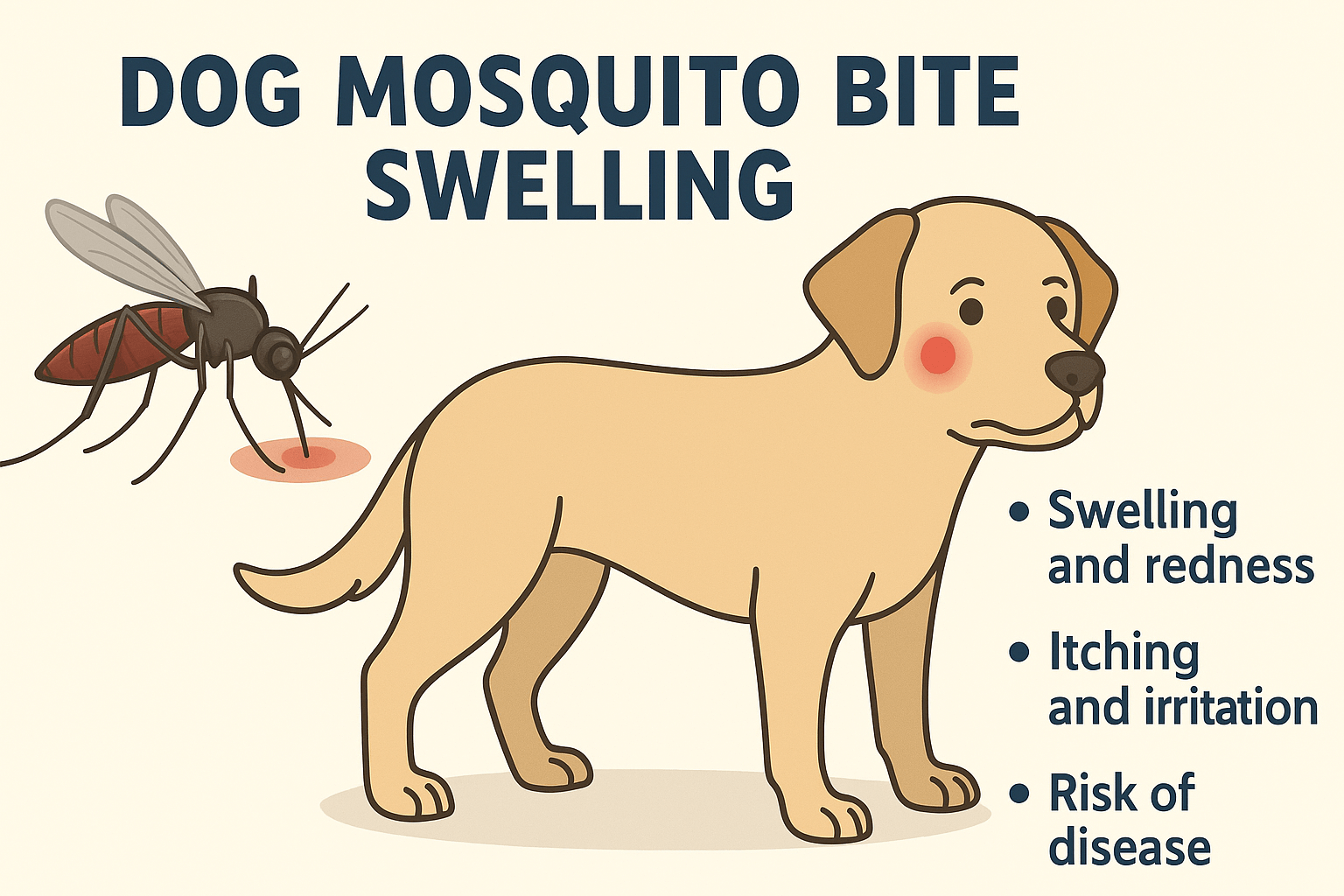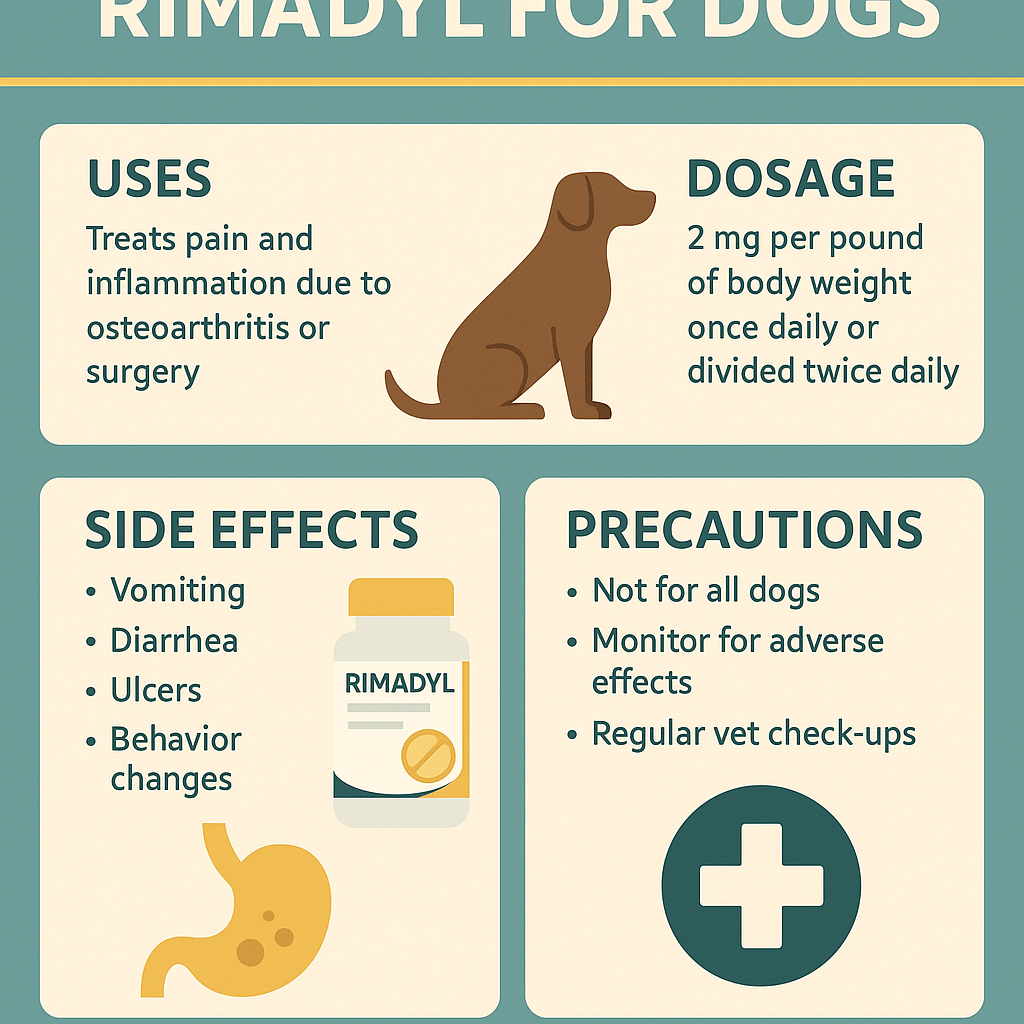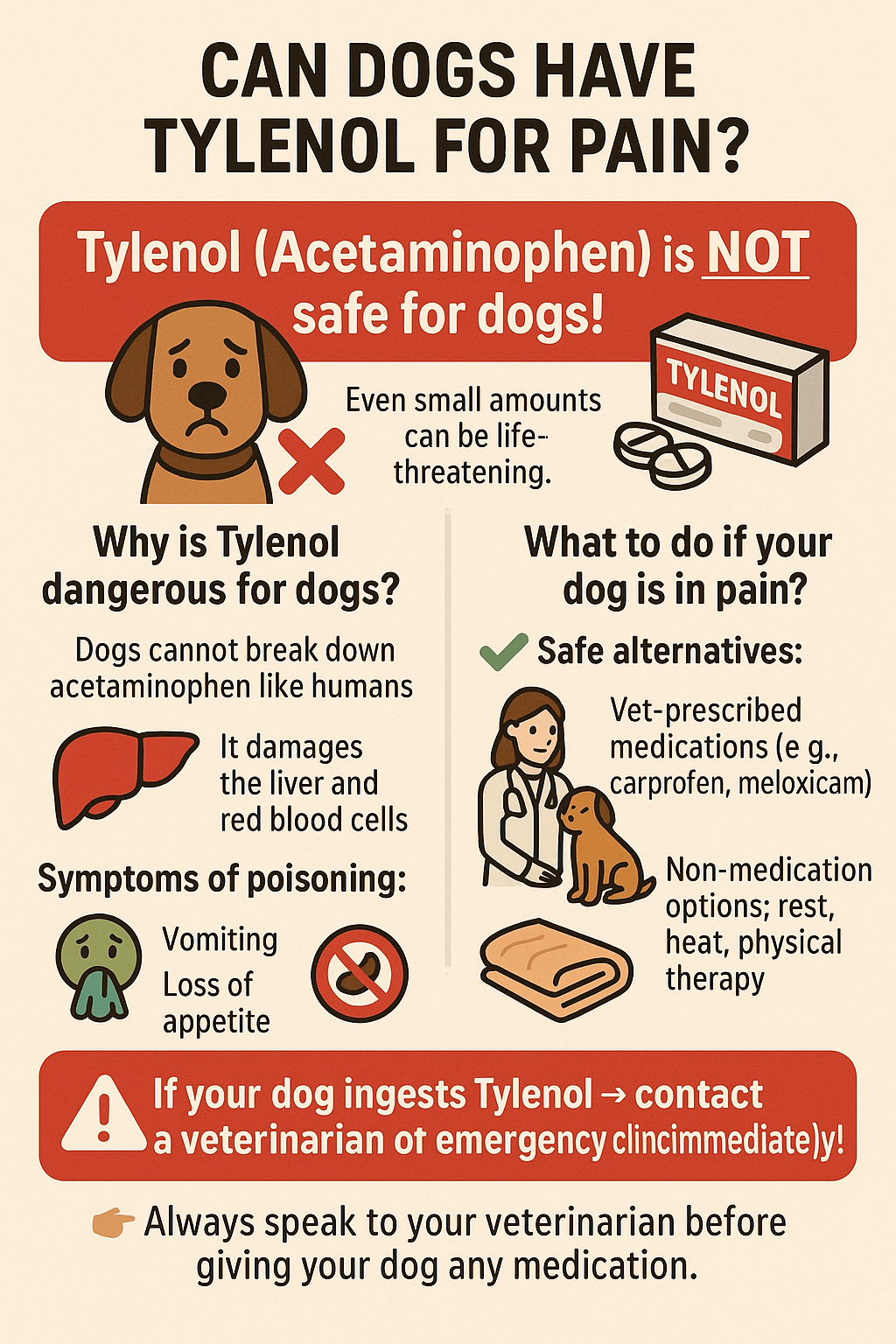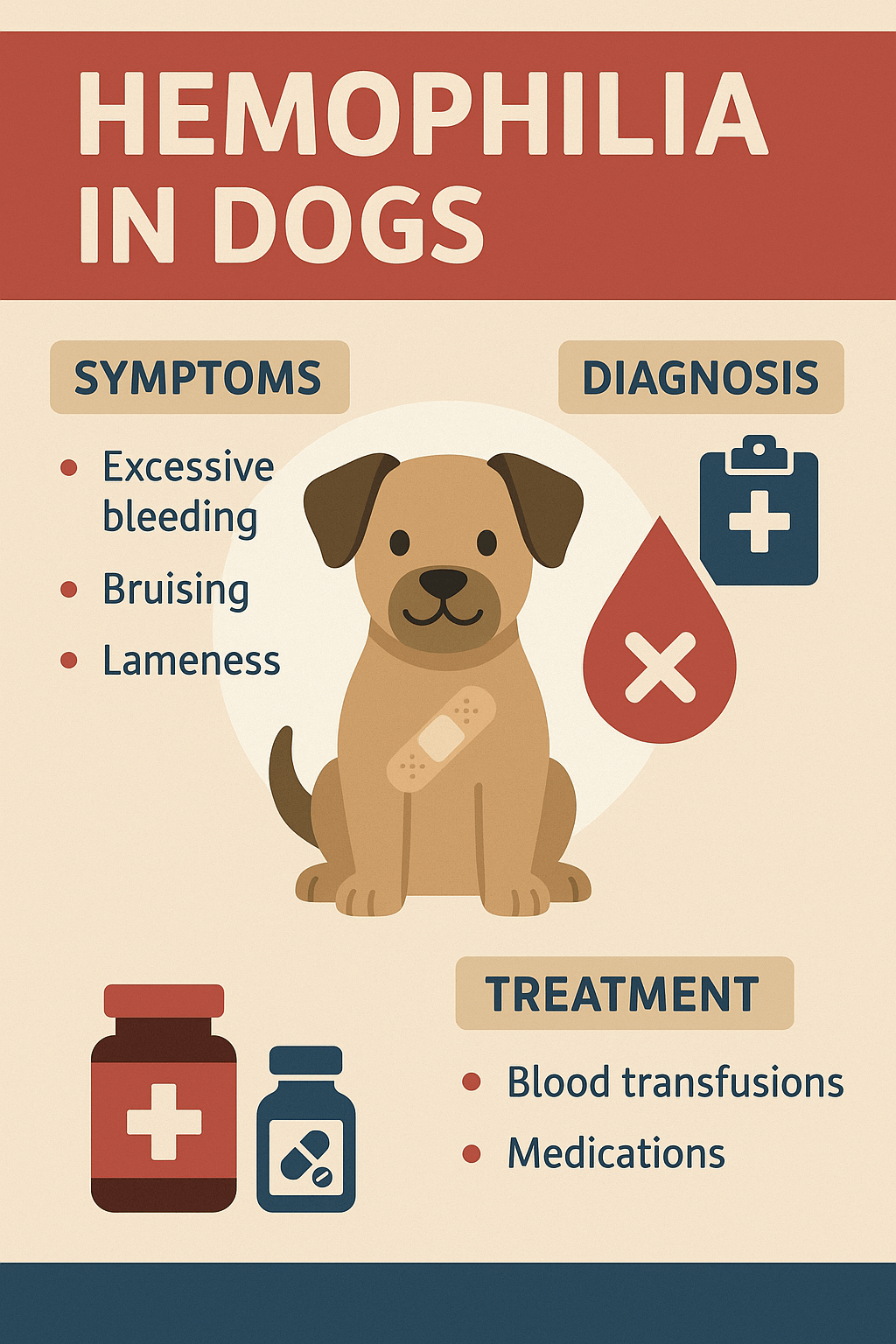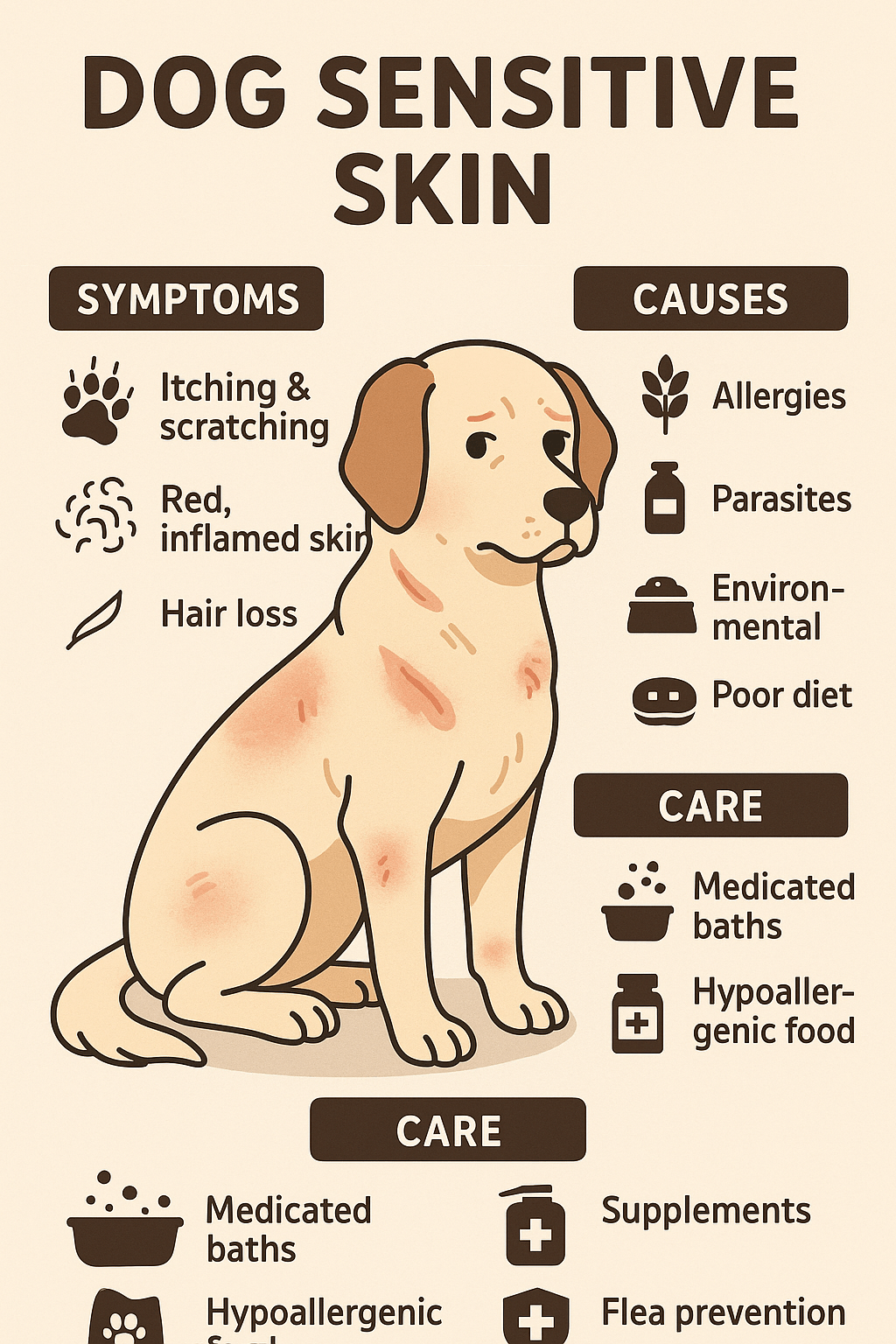Dog Mosquito Bite Swelling: What You Need to Know
Mosquito bites are not just a nuisance for humans; they can also affect our furry friends. While dogs are often bitten by mosquitoes, the resulting swelling and discomfort can raise concerns for pet owners. Understanding how mosquito bites impact dogs, why swelling occurs, and how to address it is essential for keeping your canine companion healthy and happy. In this blog post, we’ll explore everything you need to know about dog mosquito bite swelling, from prevention to treatment, so you’re prepared to handle this common issue with confidence.
The Risks of Mosquito Bites for Pets
“These insects can cause pain and irritation through their bloodsucking bite and may also spread serious diseases like malaria, West Nile virus, and eastern equine encephalitis (EEE), specifically to our equine friends.
While mosquito bites on dogs are common, an attentive pet parent can help prevent any issues their pups may experience from a bite.”
Why Do Mosquito Bites Cause Swelling in Dogs?
When a mosquito bites your dog, its saliva triggers an immune response in the skin, leading to localized swelling. This reaction is typically mild but can vary depending on the dog’s sensitivity and the location of the bite. Here’s what you need to know about why this happens.
Immune System Reaction:
A dog’s body reacts to the proteins in mosquito saliva, causing inflammation and redness at the bite site.Sensitive Skin Areas:
Swelling is often more pronounced on areas like the ears, nose, or paws, where the skin is thinner and more sensitive.Allergic Reactions:
Some dogs may have an allergic response to mosquito bites, leading to more severe swelling or itching.Multiple Bites:
If a dog is bitten repeatedly, the cumulative effect can result in more noticeable swelling and irritation.Underlying Health Conditions:
Dogs with pre-existing skin conditions or weakened immune systems may experience more significant reactions to mosquito bites.
Understanding these factors helps explain why swelling occurs and allows you to monitor your dog’s condition more effectively.
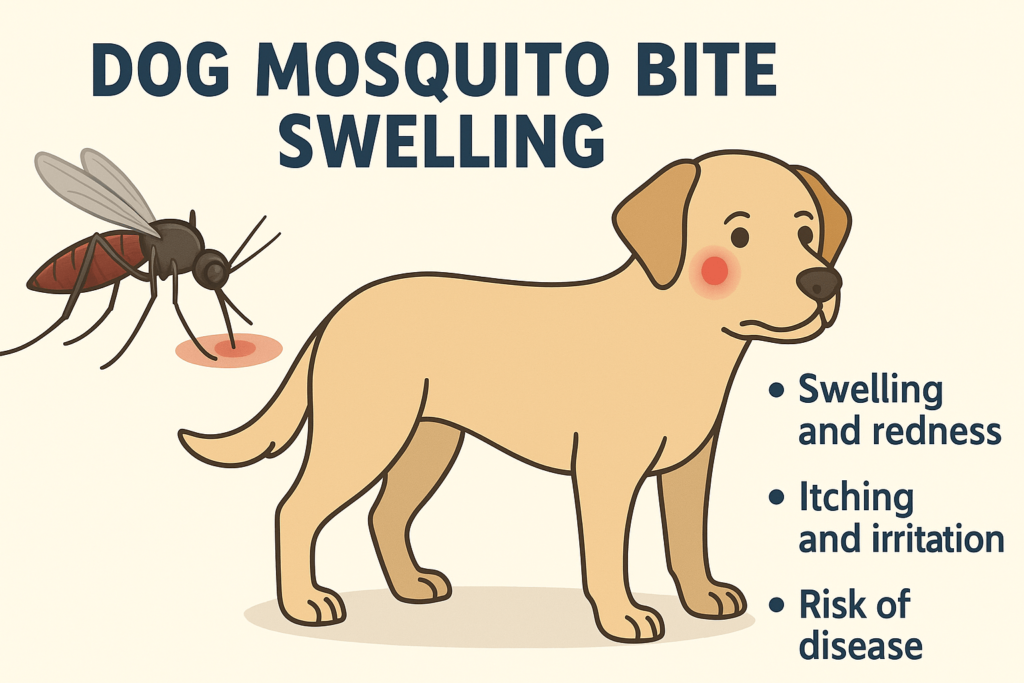
How to Identify a Mosquito Bite on Your Dog
Recognizing the signs of a mosquito bite is crucial for addressing any swelling or discomfort promptly. Here’s how to identify if your dog has been bitten and what symptoms to look for.
Localized Swelling:
Check for puffiness or raised areas, especially around the face, ears, or limbs.Excessive Scratching or Licking:
Dogs often scratch or lick the affected area due to itchiness caused by the bite.Redness or Warmth:
The skin around the bite may appear red or feel warm to the touch, indicating inflammation.Behavioral Changes:
Signs of discomfort, such as restlessness or irritability, may suggest your dog is bothered by the bite.Hives or Rash:
In rare cases, multiple bites can lead to hives or a rash, signaling a more severe reaction.
By identifying these symptoms early, you can take steps to alleviate your dog’s discomfort and prevent complications.
Check this guide 👉Dog Bite Antibiotics: Best 7 Expert Tips!
Check this guide 👉What Happens If My Dog Bites a Possum? Best 7 Health Tips!
Check this guide 👉Why Does My Dog Bite When Excited? Best 7 Behavior Tips!
Symptoms of Mosquito Bite Swelling | Steps to Address the Issue |
|---|---|
Localized puffiness or swelling | Apply a cold compress to reduce swelling |
Redness or warmth at the bite site | Use a vet-recommended antihistamine |
Excessive scratching or licking | Distract your dog with toys or treats |
Behavioral changes (restlessness) | Monitor for worsening symptoms |
Hives or rash | Contact your veterinarian immediately |
How to Treat Mosquito Bite Swelling in Dogs
If your dog experiences swelling from a mosquito bite, there are several steps you can take to soothe their discomfort and promote healing.
Clean the Area Gently:
Wash the bite site with mild soap and water to prevent infection and remove any residual saliva.Apply a Cold Compress:
Use a clean cloth soaked in cold water to reduce swelling and numb the area temporarily.Use Vet-Approved Topical Creams:
Hydrocortisone creams or other pet-safe ointments can help relieve itching and inflammation.Administer Antihistamines (if approved):
Over-the-counter antihistamines like Benadryl may be safe, but only give them under veterinary guidance.Prevent Further Bites:
Keep your dog indoors during peak mosquito hours and use pet-safe repellents to minimize exposure.
By following these steps, you can provide relief and ensure your dog recovers quickly from a mosquito bite.
Preventing Mosquito Bites on Your Dog
Prevention is key to avoiding mosquito bite swelling and related complications. These proactive measures can help protect your dog from pesky insects.
Limit Outdoor Time During Peak Hours:
Mosquitoes are most active at dawn and dusk, so keep outdoor activities brief during these times.Use Pet-Safe Repellents:
Choose products specifically formulated for dogs to repel mosquitoes without harmful side effects.Install Screens and Fans:
Keep windows screened and use fans indoors to deter mosquitoes from entering your home.Eliminate Standing Water:
Remove sources of stagnant water in your yard, as they attract mosquitoes and provide breeding grounds.Regular Veterinary Check-Ups:
Discuss preventative care options, such as heartworm medication, which also reduces mosquito-related risks.
Taking these precautions minimizes the chances of your dog being bitten and ensures their safety year-round.
Signs That Require Immediate Veterinary Attention
While many mosquito bites are harmless, some reactions warrant immediate professional care. Be alert to these warning signs that indicate a more serious issue.
Difficulty Breathing:
Labored breathing or wheezing could signal anaphylaxis, a life-threatening allergic reaction.Facial Swelling:
Significant swelling around the eyes, lips, or throat requires urgent evaluation to rule out airway obstruction.Lethargy or Weakness:
Unusual tiredness or lack of energy may suggest a systemic reaction to the bite.Vomiting or Diarrhea:
Gastrointestinal upset after a mosquito bite could indicate a severe allergic response.Persistent Swelling:
Swelling that doesn’t improve within a day or worsens over time needs veterinary attention.
Recognizing these signs ensures timely intervention and protects your dog’s well-being.
Natural Remedies for Mosquito Bite Relief
If you prefer natural solutions, there are several remedies that can help soothe your dog’s mosquito bite swelling safely.
Aloe Vera Gel:
Pure aloe vera gel has anti-inflammatory properties that can reduce swelling and calm irritated skin.Baking Soda Paste:
Mix baking soda with water to create a paste that neutralizes itchiness when applied to the bite.Oatmeal Baths:
Soaking your dog in an oatmeal-based bath can relieve itching and reduce inflammation.Apple Cider Vinegar Spray:
Dilute apple cider vinegar with water and spray it on the bite to alleviate discomfort naturally.Coconut Oil:
Applying a small amount of coconut oil can moisturize the skin and promote healing.
These natural remedies offer gentle alternatives for managing mosquito bite swelling in dogs.
The Link Between Mosquitoes and Heartworm Disease
Mosquito bites aren’t just irritating—they can also transmit heartworm larvae, which pose a serious threat to dogs. Understanding this connection emphasizes the importance of prevention.
Heartworm Transmission Process:
Mosquitoes carry heartworm larvae, which enter a dog’s bloodstream through a bite and mature into adult worms in the heart and lungs.Symptoms of Heartworm Disease:
Early signs include coughing, fatigue, and weight loss, progressing to severe respiratory issues if untreated.Preventative Medications:
Monthly heartworm preventatives kill larvae before they develop into adult worms, protecting your dog’s health.Year-Round Protection:
Even in colder climates, mosquitoes can survive indoors, making year-round prevention critical.Regular Testing:
Annual heartworm tests ensure early detection and treatment if your dog becomes infected.
By addressing the link between mosquitoes and heartworms, you safeguard your dog against this potentially fatal disease.
Frequently Asked Questions About Dog Mosquito Bite Swelling
Can mosquito bites harm my dog?
While most bites cause mild swelling, repeated bites or allergic reactions can lead to discomfort or complications like heartworm disease.
What should I do if my dog has severe swelling?
Contact your veterinarian immediately, as severe swelling could indicate an allergic reaction requiring medical attention.
Are over-the-counter antihistamines safe for dogs?
Some antihistamines are safe, but always consult your vet before administering any medication to your dog.
How can I tell if it’s a mosquito bite or something else?
Look for localized swelling, redness, and itchiness. If uncertain, consult your vet for a proper diagnosis.
Can mosquitoes transmit diseases to dogs?
Yes, mosquitoes can carry heartworm larvae, making prevention through medication essential for your dog’s health.
Staying Vigilant Against Mosquito Bite Swelling in Dogs
Mosquito bites may seem minor, but they can cause significant discomfort and even pose health risks to your dog. By understanding the causes, recognizing the symptoms, and taking preventative measures, you can protect your furry friend from unnecessary suffering. Remember, vigilance and prompt action are key to ensuring your dog remains happy and healthy despite the presence of mosquitoes. With the right knowledge and care, you can keep those pesky insects at bay and enjoy worry-free time outdoors with your beloved companion.
Rimadyl for Dogs: Best 7 Expert Tips! Discover expert advice on using Rimadyl safely, managing pain, and improving your dog’s mobility with trusted veterinary insights.
Can Dogs Have Tylenol for Pain? Best 7 Expert Tips! Discover the risks, safe alternatives, and expert advice on managing your dog’s pain effectively while avoiding harmful medications.
Understanding Hemophilia in Dogs: Best 7 Expert Tips! Discover expert advice on managing hemophilia, recognizing symptoms, and ensuring your dog’s well-being with practical care strategies.
Understanding Dog Sensitive Skin: Best 7 Expert Tips! Discover expert advice on managing dog sensitive skin, relieving irritation, and improving your pup’s comfort with practical solutions.

